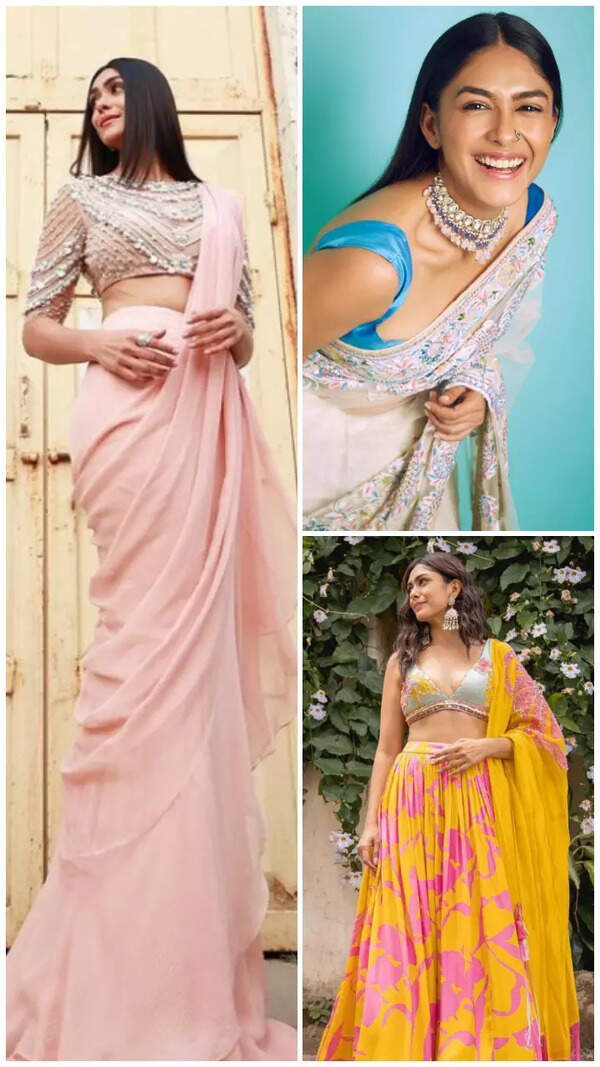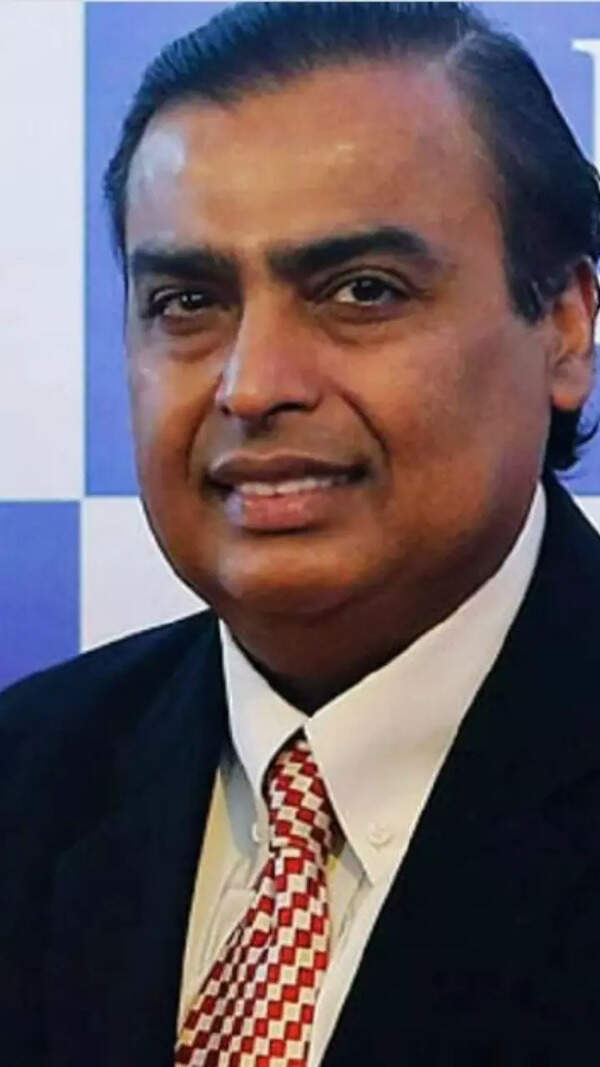- News
- City News
- nagpur News
- Nagpur: Rain leaves thick weeds and costly weed killers
Nagpur: Rain leaves thick weeds and costly weed killers

NAGPUR: Heavy rain in the region is posing new challenges to farmers. The downpour has led to thick overgrowth of weeds in fields, which need to be cleared for crops to achieve a desirable growth. The situation has also led to farm wages go up and even glyphosate-based herbicides, which usually are a cheaper alternative but have also courted controversies, getting dearer.
Shortage of farm hands and higher wages have led to farmers resort to glyphosate-based weed killers in larger quantity. Amid a high demand, even prices of the herbicides are close to double, said sources in the hinterland.
Sources in the business say a container of glyphosate-based herbicide costs now over Rs650 as against Rs350 last year.
In Maharashtra, the herbicide is officially recommended for use only in non-cropped areas like open grounds. However, sources in the agriculture department say its consumption has been rampant. Despite not being recommended, farmers are buying it in the name of use in non-cropped areas.
Glyphosate is also linked to the cultivation of herbicide tolerant Bt (HTBt) cotton. A genetically-modified variety, it has not been allowed for cultivation in the country. HTBt cotton is resistant to glyphosate and its seeds are available in grey market.
There are other formulations of the herbicides available in the market. These already cost three times of glyphosate and rates have further gone up due to the demand.
“The crops are already in the fields and normally glyphosate is sprayed before sowing. However, due to the excessive growth, farmers are spraying the chemicals by avoiding the crops so that only the weeds are killed,” said a dealer in Yavatmal.
Manish Jadhav, a farmer and member of Shetkari Sanghatana, said, “Excessive growth of weeds has led to a high demand for workers. But, farm hands are not available. Moreover, it is not possible to do the work if it rains as even the farm hands prefer to stay indoors. This has led to a number of farmers using herbicides, jacking up prices.”
Narasimha Reddy of Pesticide Action Network (PAN) says a number of states ban sale of glyphosate during three months of the cropping season. It should be done again, as the chemical poses health hazards.
President of Shetkari Sanghatana Anil Ghanwat said the condition has led to a number of spurious brands of glyphosate coming up in market. “The concerns over health hazards are unfounded as even World Health Organization has termed glyphosate to be safe,” he said.
Shortage of farm hands and higher wages have led to farmers resort to glyphosate-based weed killers in larger quantity. Amid a high demand, even prices of the herbicides are close to double, said sources in the hinterland.
Sources in the business say a container of glyphosate-based herbicide costs now over Rs650 as against Rs350 last year.
In Maharashtra, the herbicide is officially recommended for use only in non-cropped areas like open grounds. However, sources in the agriculture department say its consumption has been rampant. Despite not being recommended, farmers are buying it in the name of use in non-cropped areas.
Glyphosate is also linked to the cultivation of herbicide tolerant Bt (HTBt) cotton. A genetically-modified variety, it has not been allowed for cultivation in the country. HTBt cotton is resistant to glyphosate and its seeds are available in grey market.
There are other formulations of the herbicides available in the market. These already cost three times of glyphosate and rates have further gone up due to the demand.
“The crops are already in the fields and normally glyphosate is sprayed before sowing. However, due to the excessive growth, farmers are spraying the chemicals by avoiding the crops so that only the weeds are killed,” said a dealer in Yavatmal.
Manish Jadhav, a farmer and member of Shetkari Sanghatana, said, “Excessive growth of weeds has led to a high demand for workers. But, farm hands are not available. Moreover, it is not possible to do the work if it rains as even the farm hands prefer to stay indoors. This has led to a number of farmers using herbicides, jacking up prices.”
Narasimha Reddy of Pesticide Action Network (PAN) says a number of states ban sale of glyphosate during three months of the cropping season. It should be done again, as the chemical poses health hazards.
President of Shetkari Sanghatana Anil Ghanwat said the condition has led to a number of spurious brands of glyphosate coming up in market. “The concerns over health hazards are unfounded as even World Health Organization has termed glyphosate to be safe,” he said.
FOLLOW US ON SOCIAL MEDIA
FacebookTwitterInstagramKOO APPYOUTUBE

Start a Conversation
end of article










